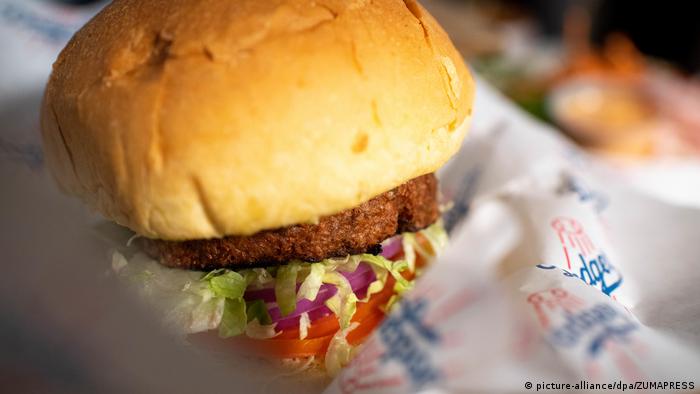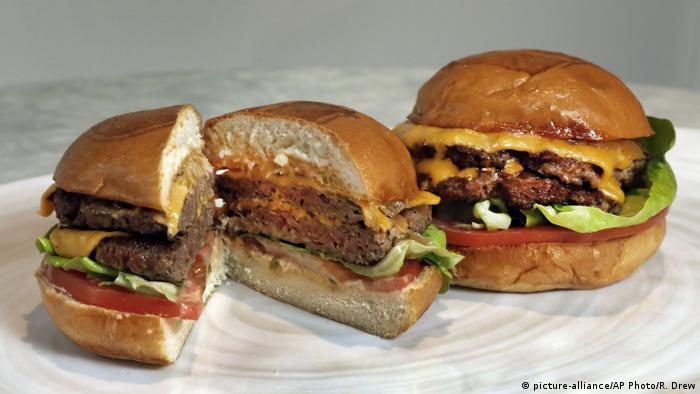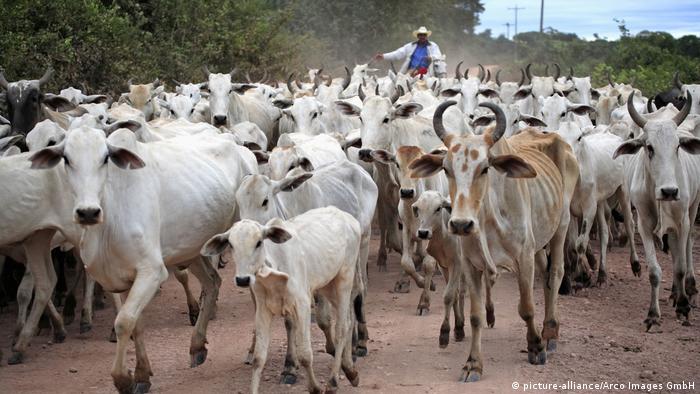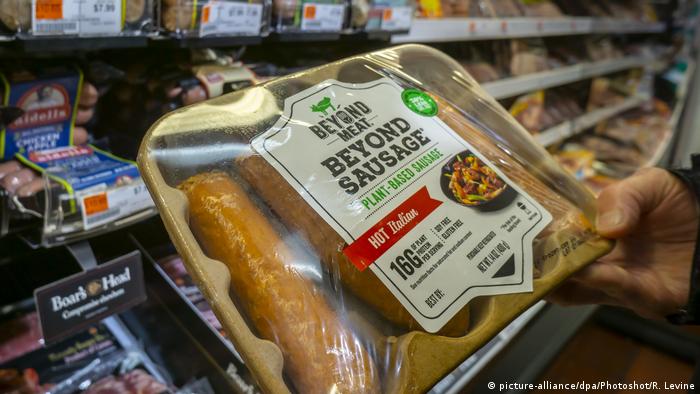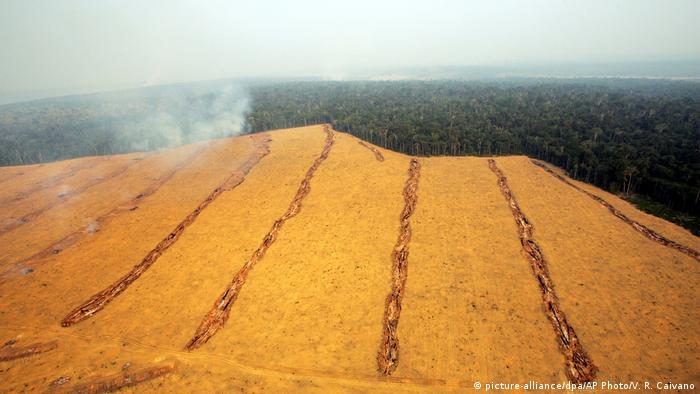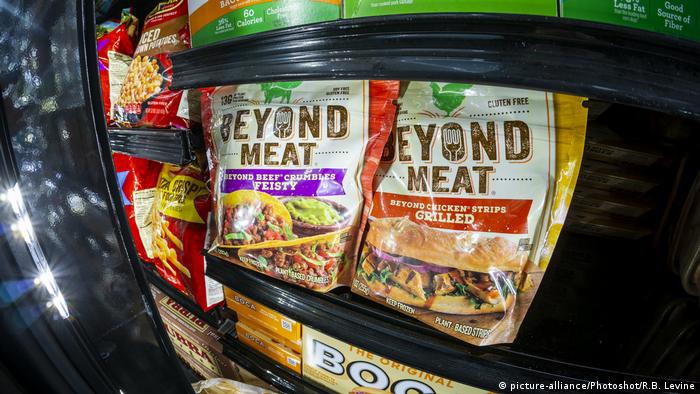It all began with Herman the bull in 1990. The world’s first “transgenic cow” was created by implanting a foreign gene into a cow. This special protein is found in human breastmilk. Herman survived and sired offspring that would hopefully produce milk containing the human protein.
Scientists wanted to use milk to develop drugs, including those against AIDS. But the project was abandoned.
The dream of genetically altering farm animals was only the beginning. Bioengineering more sustainable meat and milk products is also a possibility.
Climate sheep and eco pigs could combat global heating
Canadian scientists developed the “Enviropig”, a modified version of the animal’s genes to alter its digestion in the 2000s. The idea behind the “Enviropig” was to reduce groundwater pollution and river pollution by allowing pigs to excrete 66% less phosphate than normal pigs. However, funding problems forced the project to be stopped in 2012.
Animal bioengineering has been used to combat climate change more recently.
According to the Food and Agriculture Organization of (FAO), 14.5% of global greenhouse gases are generated by livestock production. This includes climate-wrecking Methane, which is approximately 28 times more powerful than CO2 and is formed during the digestion and processing of plant food.
Around 20% of methane emission from cows can be attributed to genetic make-up. It might therefore be possible to soon reduce cattle methane emissions with the help of “gene editing,” According toThe US Information Technology and Innovation Foundation.
While the breakthrough has not yet been made in terms of cows, sheep recently bred in New Zealand emit 13% less methane than the average sheep. Breeders estimate that if all New Zealand’s 25,000,000 sheep were switched to this breed, it would reduce methane emissions by just 1% annually. Researchers say it would be significant because it accumulates over time.
Super salmon now available in the USA
Only two genetically modified animal species have been approved for worldwide consumption to date: the GalSafe pig and AquAdvantage salmon, both made in the USA.
GalSafe pork is free from alpha sugars that can cause allergic reactions in some people. However, it is not yet available over-the-counter. The company plans to use the animals to produce medicines and create alpha sugar-free organs that can be transplanted into humans.
AquaAdvantage salmon is, however, available to North American consumers. The salmon is genetically modified from other marine fish to grow all year.
The genetically engineered Salmon also reaches its slaughter weight twice fast than regular salmon, and requires one-fifth less feed. Currently, around 70% of fish caught globally is processed into fish feed. Bioengineering could help reduce this percentage, researchers believe.
Contaminating the gene stock
Mute Schimpf, an environmental activist with Friends of the Earth Europe is a food advocate. GMO salmon is opposed, points out the pitfalls of animal genetic engineering.
“There is a high chance that wild salmon will mix in with engineered salmon. He said that in 20 years, you might find out that the salmon may have health problems. “By then, the entire population might have been contaminated with the genetics.”
John Dupr (chair of the Nuffield Counsel on Bioethics) said that genetic manipulation should not increase production but be used “to improve the welfare of animals.”
Researchers have, for example, already succeeded in making pigs immune to the viral disease known as porcine reproductive and respiratory syndrome, and in this case genetic engineering could be justifiable, Dupr said.
Are GMO animals the key to sustainability?
However, genetic engineering has its potential benefits.
Many animals died from umbilical hernias after being born in China as a result of attempts to create more muscular pigs. Because the muscle gene affects the whole body, some pigs had large tongues and additional vertebrae.
Mute Schimpf believes animal genetic engineering is not sustainable. Reducing consumption can be a simple way to reduce the climate impact from meat and dairy production. Schimpf stated, “We don’t need more intensive animal farming.” “We need the opposite.”
John Dupr warns, however, that genetically modified animals aren’t yet approved for European consumption. However, increased production of bioengineered milk and meat could lead to a greater meat consumption.
Scientists have long been pointing out that people in industrialized countries in particular should eat less meat overall for health reasons and for greater sustainability.
This article was originally published in German.


